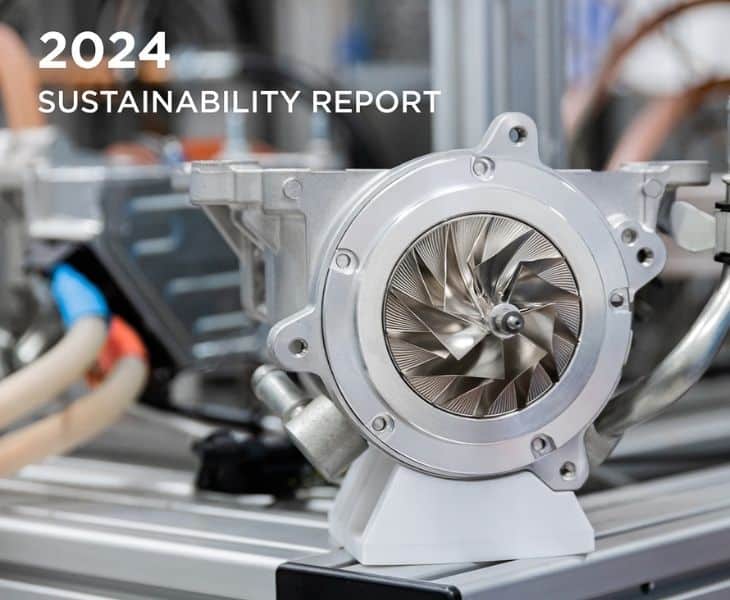On June 15-16, Garrett Motion will be present at the SIA Powertrain & Energy International Congress supporting the co-authoring of a technical presentation on the topic “Dynamic Simulation using ECMS Controller to Optimize the HEV Fuel Economy on a Real-World Commuting Cycle with Battery Thermal Management”.
Technical Paper
Dynamic Simulation using ECMS Controller to Optimize the HEV Fuel Economy on a Real-World Commuting Cycle with Battery Thermal Management
Author: Garrett’s contribution to this paper through Philippe De Araujo, Sujeet Vankayala
As part of ongoing electrification efforts in the automotive industry, there is an increased need to effectively manage the various sources of energy available onboard the vehicle. Modern hybrid powertrains consist of several energy storage and energy conversion units and allow multiple operating modes to propel the vehicle. These operating modes are crucial to the consumption of fossil fuel and to the recuperation of kinetic energy. Optimal control of these modes has been at the forefront of numerous energy management studies. Controls optimization offers valuable insights into improving the present state-of-the-art supervisory control strategies and is frequently used for benchmarking against established energy control designs. Online adaptation of the supervisory control strategy to cover all possible driving maneuvers with the goal of minimizing energy consumption is a fundamental requirement.
In this paper, an accurate and computationally-efficient Equivalent Consumption Minimization Strategy (ECMS) Controller is implemented on a dynamic forward-facing simulation model of a parallel hybrid vehicle. The virtual vehicle also makes use of a high-fidelity physics-based model of a battery thermal management system with the goal to correlate the response dynamics and the thermal effects of the traction battery. The resulting optimal control policy obtained from the simulation of virtual vehicle and its controller subjected to standard regulatory as well as real-world driving cycles is compared against control policies obtained from the Kinematic ECMS and Dynamic Programming algorithms. It is shown that the real-world driving can offer additional leverages in terms of projected vehicle routes, driver behavior and, traffic information to improve the energy management strategy. The results give insights into how real-world fuel economy compares against the consumption of fuel in controlled testing environment. The benefits of online drivetrain controls in the effort to minimize energy consumption are demonstrated.
Publisher: SIA Powertrain & Energy International Congress on June 15-16, 2022









